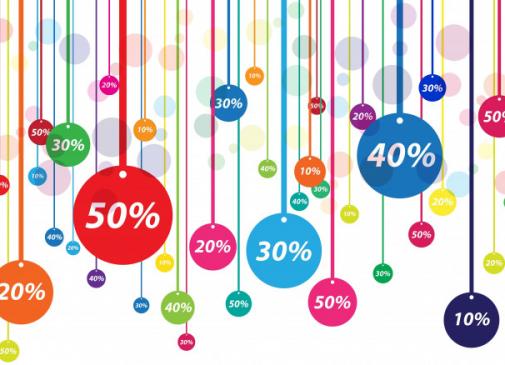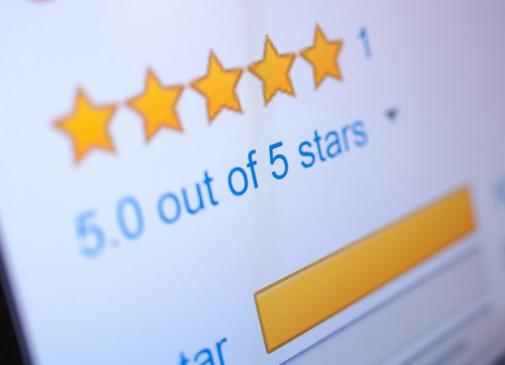Consumers embrace fingerprint scanning and smart mirrors as ‘cool’ in-store technologies, designed to boost the shopping experience. They are less excited by facial recognition software, which they consider ‘creepy’ and invasive.
Consumers embrace fingerprint scanning and smart mirrors as ‘cool’ in-store technologies, designed to boost the shopping experience. They are less excited by facial recognition software, which they consider ‘creepy’ and invasive.
According to the findings of a new survey by RichRelevance in UK, consumers are happy when new techs are applied to enhance their decision making processes when buying in-store. This includes technologies such as fingerprint scanning to pay for purchased products and smart mirrors in fitting rooms that would allow the user to virtually change outfits. But some cutting-edge techs raise a few eyebrows.
Fine line between innovation and intrusion
Despite being open to novelties, British shoppers are less comfortable with more invasive technologies such a facial recognition software that would identify them to a staff member once in-store. It appears that UK consumers are seeking a more seamless and personalised experience that would help them with their decision making process. If they feel it was taken too far, they perceive it as invasion on their privacy. More intrusive techs are considered ‘creepy’ by Brits who may consequently feel discouraged from shopping.
'Your face looks familiar'
Initially applied by airport security, border agents and police, facial recognition technology raises controversy as a potentially intrusive tactic used in retail loss prevention. Techs used to recognize and identify thieves are also great for tracking customers. Lots of firms providing facial recognition capabilities, either directly or through partners, also supply sophisticated analytics applications that capture in-store “dwell times”, responses to product displays and traffic flow. In Europe, many posh hotels and retailers are reportedly using facial recognition to help identify VIPs and celebrities for preferred treatment once they have entered the front door.
Sources: www.forbes.com; www.theguardian.com










